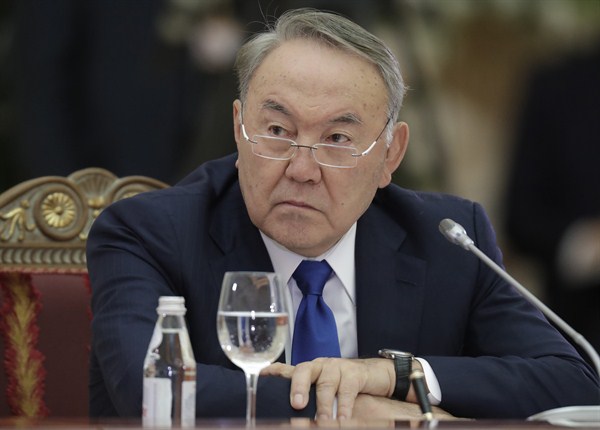Kazakhstan’s parliament has approved reforms that would decentralize power in the Central Asian nation, potentially giving parliament and the Cabinet more control over key duties such as managing the economy. In an email interview, Marlene Laruelle, director of the Central Asia program at the Elliott School of International Affairs at George Washington University, discusses what the reforms could mean for President Nursultan Nazarbayev, who has ruled since the fall of the Soviet Union.
World Politics Review: What might the decision to devolve some presidential powers mean for Nazarbayev's political future?
Marlene Laruelle: Nazarbayev has announced political reforms at various points in the past, and so far democratization has yet to occur, so we should remain cautious when considering this latest move. However, it seems obvious that this is part of some kind of succession strategy, both in terms of preparing the public and in terms of redistributing power among elites once the “first president” leaves the scene.
There are several objectives for these reforms. First, they could make it possible for Nazarbayev to leave power while still alive. He would then enjoy his status as a “leader of the nation”—which was formally conferred by law in 2010—and devote his final years to burnishing his international image, much in the manner of Mikhail Gorbachev. Second, if he were to die in office, the reforms would cement Nazarbayev as a transformative figure in the history of Kazakhstan, one who was leading the country toward a more democratic system at the time of his death.

